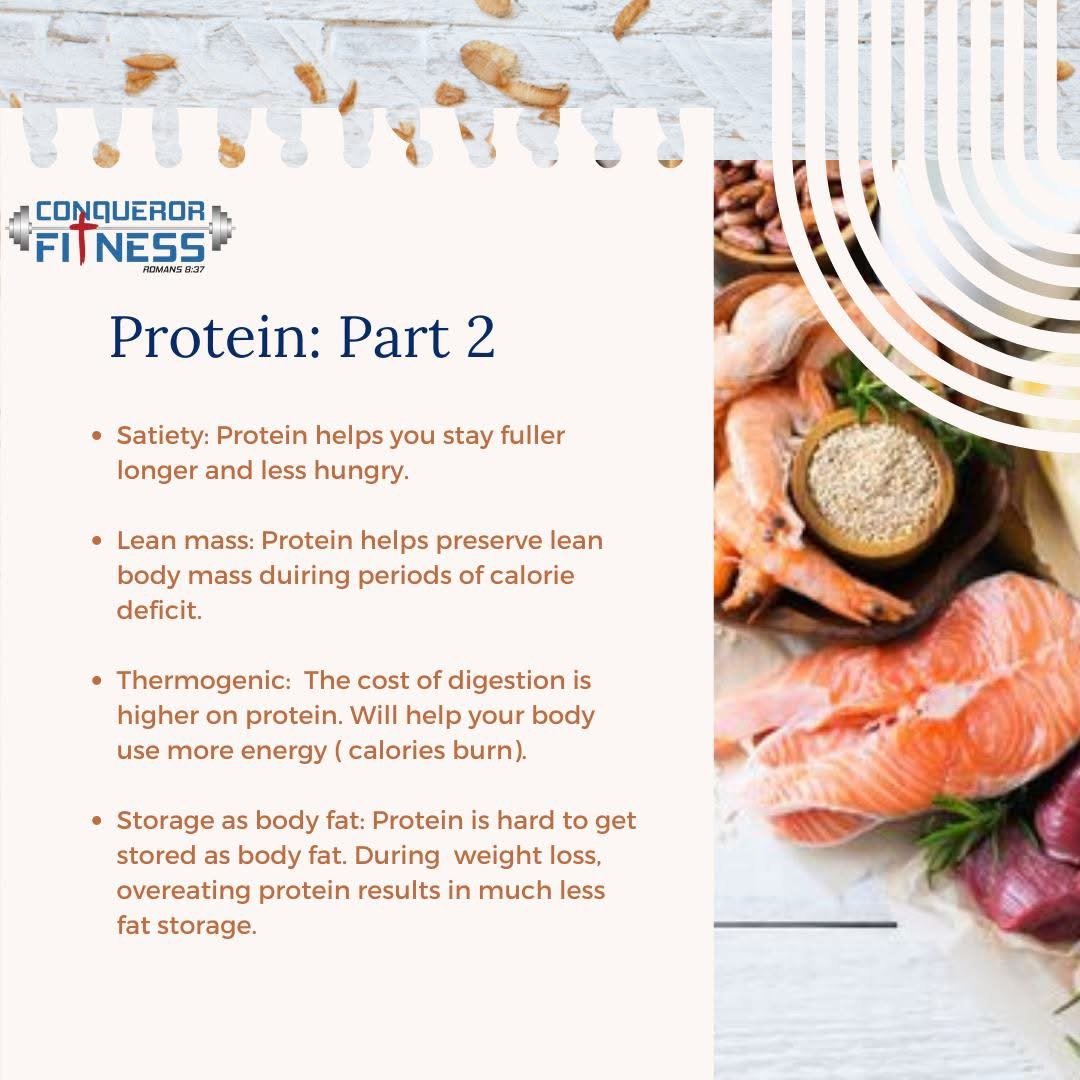Protein For Weight Loss!
What Are the Benefits of Protein for Weight Loss?
When it comes to effective weight
loss, dietary protein plays a powerful role—especially during a calorie deficit. While protein offers a wide range of health benefits, there are four key mechanisms by which it directly supports fat loss and overall weight management:
1.
Increases Satiety
Protein is more satiating than carbohydrates or fats, meaning it helps you feel fuller for longer. This can naturally lead to reduced calorie intake throughout the day by minimizing hunger and reducing snacking or overeating.
2.
Preserves Lean Muscle Mass
When you’re losing weight, especially on a calorie-restricted diet, there’s a risk of losing muscle along with fat. Protein helps protect and preserve lean body mass during these periods, ensuring that the weight you lose is primarily fat. Maintaining muscle is also crucial for a healthy metabolism.
3.
Boosts Thermogenesis (Thermic Effect of Food)
Protein has the highest thermic effect of all three macronutrients. This means your body uses more energy to digest and metabolize protein compared to carbohydrates or fats. The “thermic cost” of protein digestion can increase daily energy expenditure, contributing to weight loss.
4.
Resists Fat Storage
Compared to excess calories from carbs or fat, excess protein is less likely to be stored as body fat. Instead, your body tends to use it for repair, maintenance, and metabolic functions. Overeating protein in a controlled calorie deficit environment results in significantly less fat gain.
Backed by Research
A comprehensive review published in the American Journal of Clinical Nutrition by Heather J. Leidy et al. (2015) confirms these benefits:
“Several meta-analyses of shorter-term, tightly controlled feeding studies showed greater weight loss, fat mass loss, and preservation of lean mass after higher-protein energy-restriction diets compared to lower-protein diets. Reductions in triglycerides, blood pressure, and waist circumference were also observed.”
The review also emphasizes the importance of dietary adherence:
“Improvements in weight management were primarily seen in participants who adhered to higher-protein diets, while those who did not showed little to no benefit. Collectively, these data suggest that protein intakes of 1.2–1.6 g/kg body weight per day—spread across meals with at least 25–30g of protein per meal—can improve appetite control, support fat loss, preserve muscle mass, and reduce cardiometabolic risk.”
Takeaway
Incorporating more high-quality protein into your daily meals—especially when trying to lose weight—can enhance satiety, support muscle retention, boost metabolism, and reduce fat gain. For most individuals, a practical target is around 25–30 grams of protein per meal, aligned with 1.2–1.6 grams per kilogram of body weight per day

